Note: This is a compilation of Frontier Friday, a weekly Substack published, originally released on 06 Oct. 2023
PART I
Parenting (Part I)
I first read this story in Bill O’Hanlon’s book, Do One Thing Different.
A parenting expert who created a class with ten useful principles he taught parents on how
to do better in their roles raising their children. He gave classes that were well attended and popular. He called these classes: Ten Commandments for Parents.
He didn’t have any children himself, but after teaching the class for a few years, he met the woman of his dreams and they had a child together. After being a parent for one year, he decided to rename the class: Five Suggestions for Parents.
After another child and another year, he re-titled the class: Three Tentative Hints for Parents.
After he and his wife were blessed with twins, he stopped teaching all together.
To me, “Parenting is an amateur sport. The moment you think you’ve turned pro, the rules change.” (see Parenting Is…).
My wish is that you not only find this helpful for clients that you are working with, but also for yourself, as you juggle the fine art of parenting, sanity, and everything else on your plate.
p/s: Some of you might even find parallels with the relational aspects of parenting and therapy.
-
- 📕 Recommended Read: Peaceful Parents, Happy Kids.
I’m a HUGE fan of Laura Markham’s work (as you will see in the recommendations in this series).
Don’t let this unassuming title turn you off. There’s not only lots of practical strategies, but also many examples of ways to interact with your kids to foster connection.
As I’ve mentioned elsewhere, it’s one thing to understand, and quite another to help the other feel understood.Key Grafs:
– When things are going badly, try a do-over. (The way we do the “do-over” with my kids is that we say, “let’s hit the reset button.”)– Wondering how your child will learn if you don’t raise your voice? When kids are scared, they go into fight-or-flight. The learning centers of the brain shut down. You child can’t learn when you yell…Besides, when you yell, you lose credibility with your child. Kids become less open to your influence.
– Never walk away emotionally. Your child depends on you to hold the vision of her at her best. If she senses you’re giving up on her, she’ll give up on herself. Has she strayed? Go get her. But don’t join her on the low road. Embrace her with your love and she’ll rejoin you on the high road.
– Your child has been happily playing at childcare, but as soon as you show up, he has a meltdown. That’s because he’s been repressing his dependency needs so that he can function independently in a demanding environment. Your safe presence signals to him that he can relax and let down his guard.
– What you need to remember when times get hard: All misbehavior comes from basic needs that aren’t met. Meet their needs for sleep, nutrition, chill-out time, cuddling, con-nection, fun, mastery, and safety. Let kids know in advance the behavior you expect. Give them “scaffolding”—teaching, little by little—so they can manage what’s expected of them.
– Children want to be successful. (If they don’t, that’s a relationship problem, not a behavior problem.)
– …to a young child, any time your attention is focused elsewhere is a separation. That’s why they act up as soon as we get on the phone or start cooking dinner…That’s why all parents need to repeatedly reconnect with their children, just to repair the daily erosion created by life’s normal separations and distractions. Effective parenting is almost impossible until the positive connection re-established.– Wait before disciplining. Nothing says you have to issue edicts on the fly. They will never be what’s best for your child’s long-term development, or even what’s best to prevent a repeat of the problem. Say as little as possible until you calm down, just something like: “I need to calm down before I can talk about this.”If you take a ten-minute time-out and still don’t feel calm enough to relate constructively, you can say, “I want to think about what happened, and we’ll talk about it later.”
- 📕 Recommended Read: Peaceful Parents, Happy Kids.
-
- 👨🏻💻Web-Read: Aha Parenting
This is Laura Markham’s website. It is packed full of resources. I recommend her joining her mailing list.
It’s funny how even though I’ve read her books, some of the stuff presented in her blogs still strikes me in a different way. Perhaps it is because of the timeliness of the content when I’m facing a garden variety of challenges with my two cheeky monkeys.
- 👨🏻💻Web-Read: Aha Parenting
-
- 📽 Watch: The Single Most Important Parenting Strategy
This is a must-watch for therapists / parents.
Becky Kennedy touches on a topic many of you would know alot about, that is, how to deal with alliance-rupture and repair.
The rupture-repair cycle happens both in the therapy room and the family household.Key Grafs:
– All parents yell. No one knows what to do next.
– Whenever a parent asks me, “What one parenting strategy should I focus on?” I always say the same thing: “Get good at repair.”
– Distinction between repair and apology: An apology often looks to shut a conversation down — “Hey, I’m sorry I yelled. Can we move on now?” A good repair opens one up.Becky’s book “Good Inside” is now on my to read list. If you have read this, please add in the comments to tell us what you’ve learned from it.
- 📽 Watch: The Single Most Important Parenting Strategy
-
- 👨🏻💻Web-Read: Parenting: Who Is It Really For?
Readers of Frontiers of Psychotherapist Development (FPD) would know that I’m a big fan of Derek Siver’s writings. Here’s one of them.
I took my kids out for the day earlier this week. I made a conscious decision to lapse into their “time-blinded” way, not worrying about the clock, and roaming around their favourite places in Fremantle.
I thought I was doing this for them. Turns out, I need this.
I am the beneficiary of this disconnection from time and connection with them.
- 👨🏻💻Web-Read: Parenting: Who Is It Really For?
-
- ⏸️ Words Worth Contemplating:
“For the best results with your children, spend only half the money you think you should, but double the time with them.”
~ Kevin Kelly
- ⏸️ Words Worth Contemplating:
PART II
-
- Watch: Your Child’s Most Annoying Trait May Just Reveal Their Greatest Strengths
In one sentence, here’s what this video by Josh Shipp is about: ANNOYANCES ARE ASSETS IN DISGUISE.
Here are three profiles of annoyances that became assets: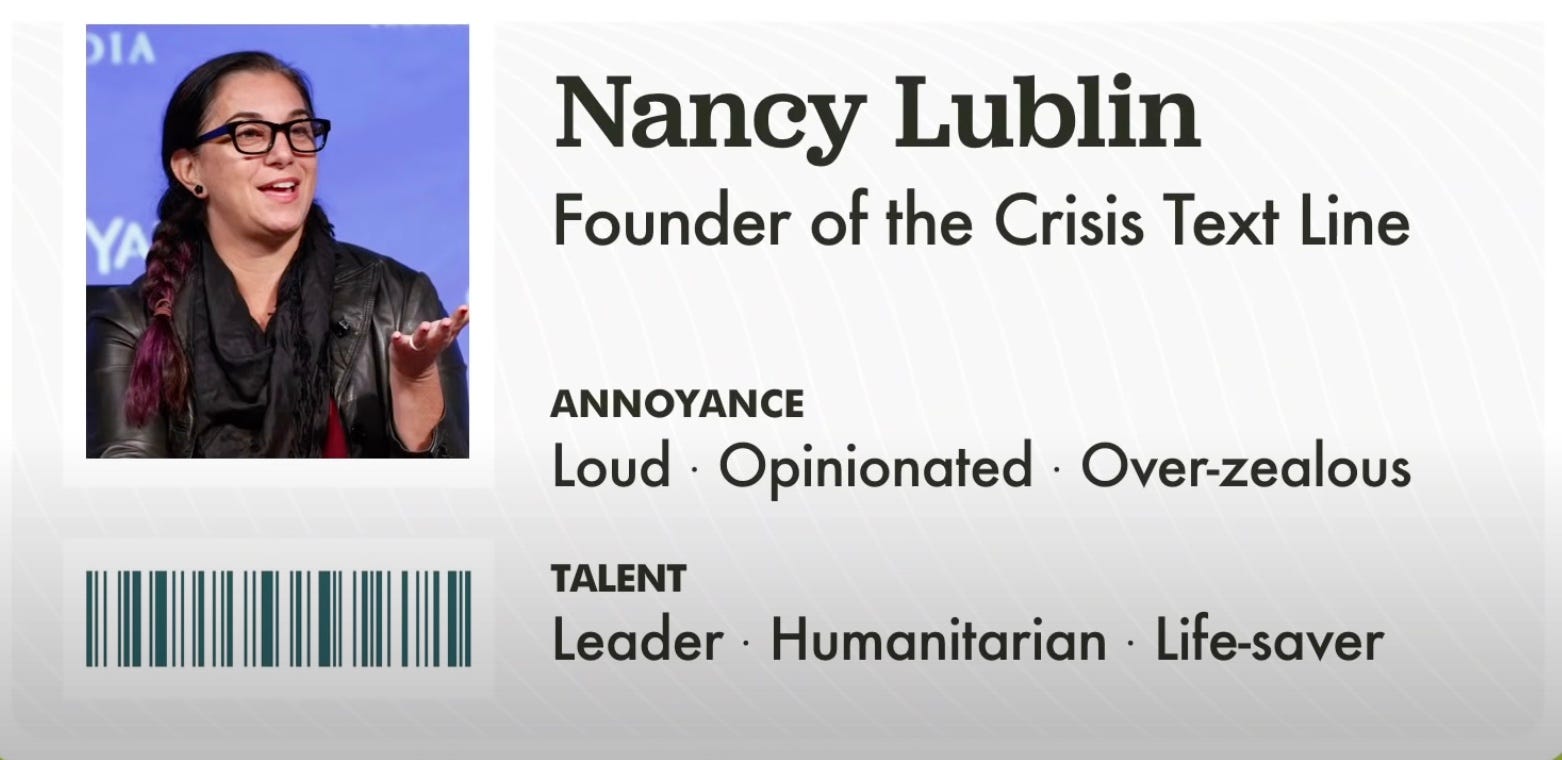


Watch the talk.
- Watch: Your Child’s Most Annoying Trait May Just Reveal Their Greatest Strengths
-
- The Daily Dad Email List
“One email every day inspired by the greatest wisdom and lessons from history, science, literature and ordinary parents”
I treat the daily emails from The Daily Dad as a prompt for pause, a way to remember things that are in my heart that my head has forgotten.
- The Daily Dad Email List
-
- Web-Read: Defiance is a Relationship Problem, Not a Discipline Problem.
Here’s a good one from Laura Markham’s blog, Ahaparenting.com. What I really like about her work is that she translates this into actual conversations that parents can have with their kids. After all, conversation is the highest art form.Key Grafs:
– You have to address defiance, but you can’t solve it with discipline. You solve defiance with connection.
– Remind yourself that his defiance is a bid for reconnection, not something that requires discipline.
– When kids are defiant, it’s a relationship problem.
– Anger won’t begin to fade until it feels heard. “Oh, so you feel….You wish…It must feel so hard that….”
(DC: This has especially been an important lesson for me. As an Asian parent, we match anger with anger, yelling with yelling. “You are so rude and disrespectful! [in a raised voice] You better stop raising your voice!” Does nothing but escalate the situation. When my kids hear from my wife and I that we understand what’s underneath the hurt, even in our flailing attempts, something softens inside our kids when they feel understood by someone who cares.)
– Translate your teen’s defiant words. Your child may sound like she never wants to see you again, but underneath her rudeness, she’s saying “I’m all alone out here and pretty miserable…I wish you’d find a way to come out in the cold and get me, because I don’t know how to find my way back.”
– Whatever your child’s age, respect his right to refuse sometimes.
– The more he feels you’ll listen when he makes his request, the less he needs to resort to defiance to express his wishes.
– Finally, notice that defiance is an opportunity, not an emergency.
(DC: This point hits home. I need to tame down the ancestral voices inside of me.)
– Defiance is like a red light on the dashboard of your car; a signal that something is wrong that you need to fix. What’s wrong isn’t the child, but the relationship, and you fix that by reconnecting, not by attacking.
- Web-Read: Defiance is a Relationship Problem, Not a Discipline Problem.
-
- Recommended Book: Playful Parenting by Lawrence Cohen
Play is an antidote, a channel for learning and connection. No just a means to an end, play is itself an end of itself that is valuable.
Your child, your client’s children, will thank you, if we learn to nourish ourselves with more playfulness.
This book stands as one of the most underrated books on parenting. I highly recommend this.
It’s packed full of examples from the psychologist Lawrence Cohen’s life, as well as clinical examples.
- Recommended Book: Playful Parenting by Lawrence Cohen
-
- ⏸️ Words Word Contemplating:
“Love your child by learning the song that is in her heart and singing it to her when she forgets it.”
~ Anonymous, as cited by Daniel Hughes, in Attachment-Focused Parenting.
- ⏸️ Words Word Contemplating:
Reflection:
How do you relate with a child when they defy?
How were you treated with you were defiant as a child?
PART III
-
- 📕Recommended Read: Peaceful Parents, Happy Siblings
I talked about Laura Markham’s other book in FF155. She talks about “emotion coaching” quite abit, which has got similar principles from emotion focused therapy (EFT).
If you have more than one kid, or you are working with families, this is a good resource to have.
Like any good book, it’s easy to read them and think to yourself, “Sounds good…sounds good… sounds good.” This is the perennial issue that learning scientists call a lack of transfer. As you read this book, in each chapter, make an effort to distill down to one actionable step that you can take.
One of the key things I did after this book was to make sure that I baked into the schedule individual time with my two kids… unfortunately, this is now superseded by other their activities. I need to return to make individual time for each of my kids.
- 📕Recommended Read: Peaceful Parents, Happy Siblings
-
- 📕Recommended Read: Siblings Without Rivalry
Adele Faber and Elaine Mazlish are authors of a previous best-selling book, How to Talk So Kids Will Listen & Listen So Kids Will Talk.
I liked the practical suggestions on how to intervene when kids are fighting.
The old-school comic strips in there are strangely useful!
Instead of worrying about giving equal amounts…

Focus on each child’s individual needs.

Instead of claiming equal love…

Show children how they’re loved uniquely.
- 📕Recommended Read: Siblings Without Rivalry
-
- 📕Recommended Read: Council of Dads

I wept while reading this.
From the blurb, “A rare form of cancer was threatening not only his life but his family’s future as well. A singular question emerged: Who would be there for his wife and daughters if he were gone?”
This book got me thinking, especially since most of my family aren’t in the same country as we are. Who are the people I want my kids to continue to have ongoing connections with after I’m gone? Besides my wife, who will continue to be their guiding light?
A good pairing with this book is Roman Krznaric’s The Good Ancestor.
- 📕Recommended Read: Council of Dads
-
- 📕Recommended Read: The Secrets of Happy Families
Another book by Bruce Feiler. I wish there was a better title to this book, but I can’t recommend this enough.
There’s lots of ideas packed in this book.Key Grafs:
– In a survey of a thousand families, Ellen Galinsky, the head of the Families and Work Institute and the author of Mind in the Making, asked children, “If you were granted one wish about your parents, what would it be?” Most parents predicted their kids would say spending more time with them. They were wrong. The kids’ number one wish was that their parents were less tired and less stressed.
– Hosting family meetings: If you don’t have a safe environment to discuss problems, any plan to improve your family will go nowhere.
– Simply format for family meetings:
i. What worked well in our family this week?
ii. What went wrong in our family this week?
iii. What will we work on this coming week?(DC: My 6-year-old daughter keeps reminder us to reinstate our weekly Family Meetings)– Brand your family mission statement: (DC: I know, it sounds cheesy, but if corporations do this, why shouldn’t families take this seriously? It is a good “flight plan” i.e., a direction that the family wants to go as a collective).
- 📕Recommended Read: The Secrets of Happy Families
-
- ⏸️Words Worth Contemplating:
“The great paradox of parenting: Even as we come to feel we can’t live without you, our primary job is to prepare you to live without us.”~ Bruce Feiler, The Council of Dads.
- ⏸️Words Worth Contemplating:
Reflection:
Which way are you going with with your family?
How do you see your clients in the context of their family life?
PART IV
-
- 📕 Recommended Book: The Highly Sensitive Parent
I’m somewhat embarrassed to say that this book helped me. I get overstimulated easily, and in turn, drained, depleted, and grumpy—and there goes patience and attunement with my kids.Sometimes this is referred to as sensory processing sensitivity (SPS). In Elaine Aron’s book, see described that these high in SPS parents tend to state a paradox: “I’m doing well and doing terribly.”
I’ve addressed this topic on sensitivity in the past if you are interested to dive in further.
Frontier Fridays #101 – #103: Sensitivity Parts I – III
- 📕 Recommended Book: The Highly Sensitive Parent
-
- 🍽️ Web-Read: Start Dinner Conversations with Your Child
In a Paris interview in 1964, Picasso said”Computers are useless. They can only give you answers.”Therapists are no strangers to asking questions. Questions opens up the floor. Good questions are an invitation not for answers, but to connect.Here’s a smorgasbord of conversation starters with your child during a meal:
Getting to Know Your Child
– If you could have any super power, what would it be and why?
– If you could ask anyone for help, who would it be and why?What scares you the most and why?
Your Relationship with Your Child
– What is your favorite thing about our relationship?- What is your least favorite thing about our relationship?
– If you got into really big trouble, how do you think I would respond?
Values & Character
– Did you help anyone today?- Did you have a chance to be kind to anyone today?- Is it hard to make the choice to be kind sometimes?- Was anyone kind to you today?”
Emotions
– What do you think the purpose is of the various emotions?
– How do you see me handle big emotions?- When do you like me to hug you? When does it embarrass you?
There’s more in this blogpost.
Personally, instead of asking “How was your day?” I prefer to ask my kids “What is ONE highlight of the day for you?”
Your kids might ask you back the same question too.
- 🍽️ Web-Read: Start Dinner Conversations with Your Child
-
- 👨🏻💻 Web-Read: Time In vs. Time Out

Time-out seemed to be the common prescription for bad behaviour. It’s a common practice I used to hear many people take with their kids in my clinical practice.
Here’s renowned psychiatrist Dan Siegel on the issue with time-outs:
“Decades of research in attachment demonstrate that particularly in times of distress, we need to be near and be soothed by the people who care for us. But when children lose emotional control, parents often put them in their room or by themselves in the “naughty chair,” meaning that in this moment of emotional distress they have to suffer alone.”
…The problem is, children have a profound need for connection.
…When the parental response is to isolate the child, an instinctual psychological need of the child goes unmet.”Here’s an article on a parent who made the switch from time-outs to time-ins.
In gist, the principle is not to punish by pushing the child away. Rather, time-in is a way to work towards discipline, rather than punishment, and crucially, to establish connection.
Makes sense, right? There seemed to be some push-backs. Here’s some of them, as well as a more nuanced discussion around inappropriate and appropriate use of time-outs.
- 👨🏻💻 Web-Read: Time In vs. Time Out
-
- 📽 Movie: Yes Day

What if the improv acting principle of saying “Yes, and…” is taken to a day of adventure for the family? What if for a day, you can’t say “NO” to your kids?
Our family loved this movie. We watched it twice. It’s a feel-good show, but it’s also a reminder to break the hum-drum patterns of our daily lives.
- 📽 Movie: Yes Day
-
- ⏸️ Words Worth Contemplating:
“Many of us take pride in how different we are from our parents. We are endlessly sad at how different our children are from us.”
~ Andrew Soloman, Far from the Tree.
- ⏸️ Words Worth Contemplating:
Reflection:
How do you protect your time with your family?
PART V
-
- Watch: A Baby’s First Calming BathTake a moment to watch this 2-min video.
Better still, watch this with a child. Tell that child, this is you. And I am still learning to care for you.
- Watch: A Baby’s First Calming BathTake a moment to watch this 2-min video.
-
- 📽 Watch: Priscilla’s Dunstan Baby Language
I usually share 2 brilliant training videos with my close friends and people I work with. I don’t have the rights to these specific videos, but here’s one video that gives you the key graf.I gotta tell you, I was skeptical. But as soon as my wife and I learned to listen carefully to the specific sounds of our baby’s cry, it turned things around. It was like a decoding key. We weren’t always right. But it gave us a handle.
(In issue FF97, we talked about a specific study that asked the question “Are We More Emotionally Accurate With Voice + Facial Cues, or with Voice Only?”).
It you think about it, before we evolved language, we made sounds. These vocal nuances expressed to the outside what’s happening on the inside. Sounds are like the musical gateway to emotions.
Though printed-words doesn’t do it justice, here’s Aussie baby whisperer Priscilla Dunstan’s 5 universal words/sounds:
NEH = I’m hungry
OWH = I’m sleepy
HEH = discomfort
EAIRH = lower gas (pass motion)
EH = BurpPay careful attention to listen out for the pre-sounds, not the post-screaming that follow.
I’m not sure if this is truly “universal,” but it feels like magic once you know what your baby is specifically crying for. For instance, trying to figure out if the baby is hungry (“Nehhh”) vs. feeling tired and sleepy (“Owhhh”), make a world of a difference.
- 📽 Watch: Priscilla’s Dunstan Baby Language
-
- Watch: The Happiest Baby on the Block- Learning How to Soothe
This is the second video I usually gift to my close friends and people I work with when they have a newborn. If I recall correctly, this was recommended by our doula.
In gist, Harvey Karp teaches parents how to deal with the fourth trimester. When a baby cries, one can trigger a claiming reflex by soothing sounds, cuddles and swaddling, and carrying the child in a specific way (I called it the rugby grip).
Here’s a good visual summary. Worth checking out the their actual training videos, or read the details in their blog.
Looking back, this has been a lifesaver.
- Watch: The Happiest Baby on the Block- Learning How to Soothe
-
- 📕 Recommended Reading: Drs Sears The Baby Book
I was gifted this book by a friend when our first child was born. It’s a comprehensive, not-so-small pocket guide to keep at hand.
- 📕 Recommended Reading: Drs Sears The Baby Book
-
- ⏸️ Words Worth Contemplating:
”People are just as wonderful as sunsets if i can let them be.In fact, perhaps the reason we can truly appreciate a sunset is that we cannot control it… I watch it with awe as it unfolds. I like myself best when i can appreciate my staff member, my son, my daughter, my grandchildren, in this same way.”~ Carl Rogers, A Way Of Being, pp.22-23.
- ⏸️ Words Worth Contemplating:
Reflection:
Not everyone is a parent, but we are all once a child.
When was the last time you took a good look at a baby photo of yourself?
PART VI
-
- New From My Desk: My Top 45 Things I Want My Kids To Learn

My hubris wishlist
Taken from my other Substack, FullCircles. Here’s a sample: #17. Know the Beatles Catalogue. There are 44 more in this list.
- New From My Desk: My Top 45 Things I Want My Kids To Learn
-
- 👓 See: Intergeneration

- 👓 See: Intergeneration
-
- 👓 See: Familyhood


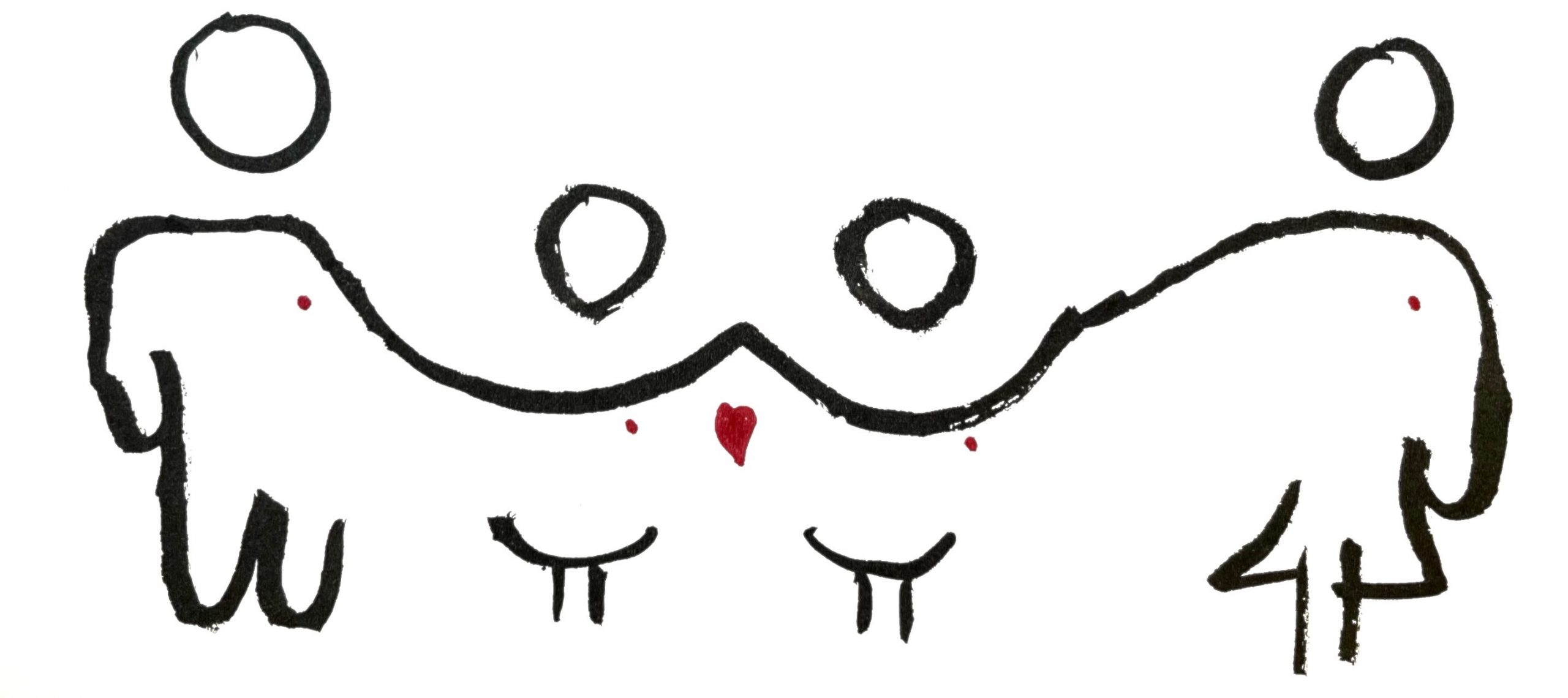

- 👓 See: Familyhood
-
- 👓 See: Mother and Father
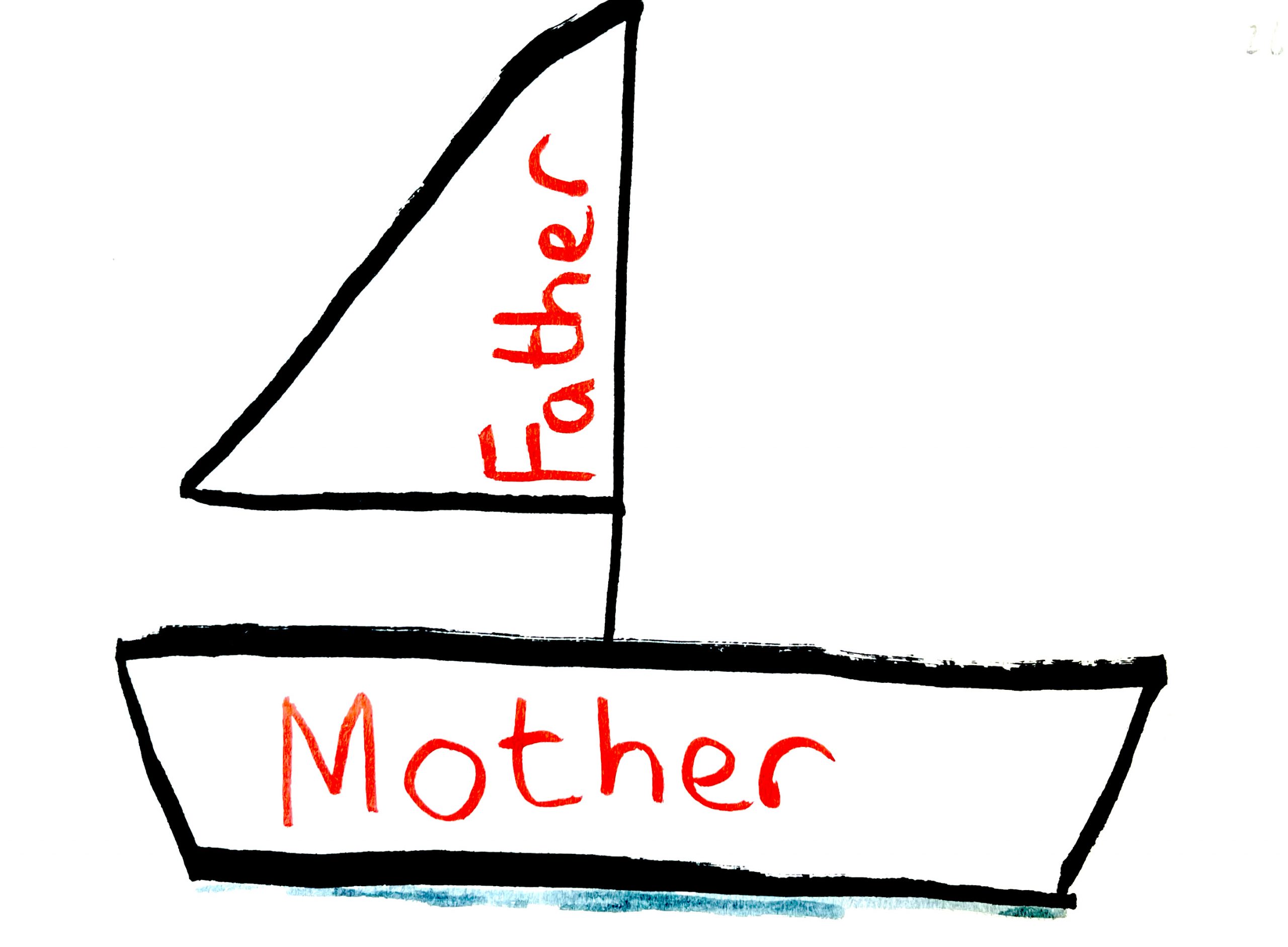
- 👓 See: Mother and Father
-
- ⏸️ Words Worth Contemplating:
“What if we thought of the family less as the determining influence by which we are formed and more the raw material from which we can make a life?”
~ Thomas Moore, Care of the Soul,1992, p.30
- ⏸️ Words Worth Contemplating:
Reflection:
If you have kids, what goes into your list of things you want your children to learn?
If you would like to learn more topics that can help your professional development, subscribe to the Frontiers of Psychotherapist Development (FPD). On Frontiers Friday (FPD), we serve you directly to your Inbox highly curated recommendations each week.

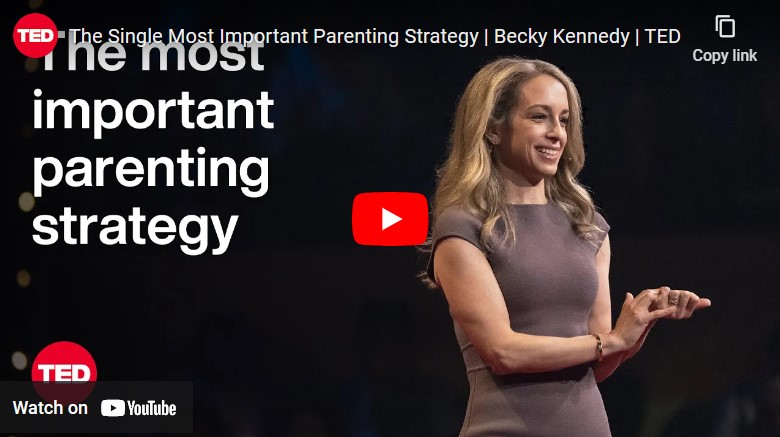
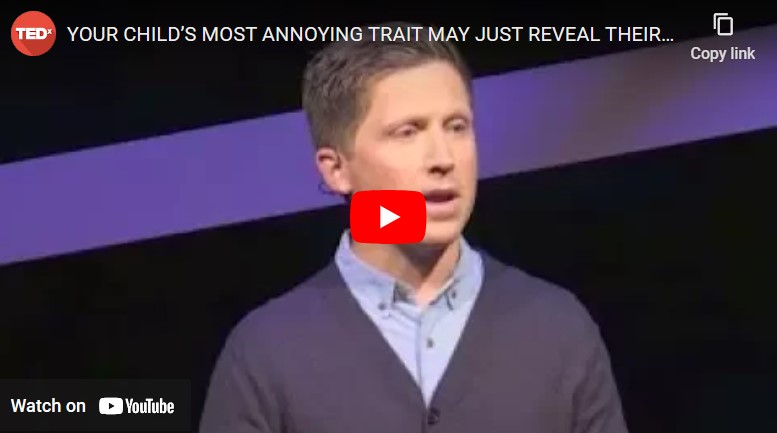

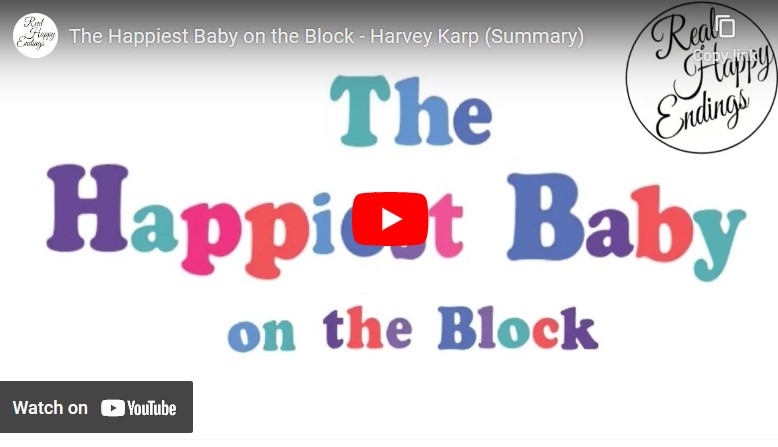


Recent Comments